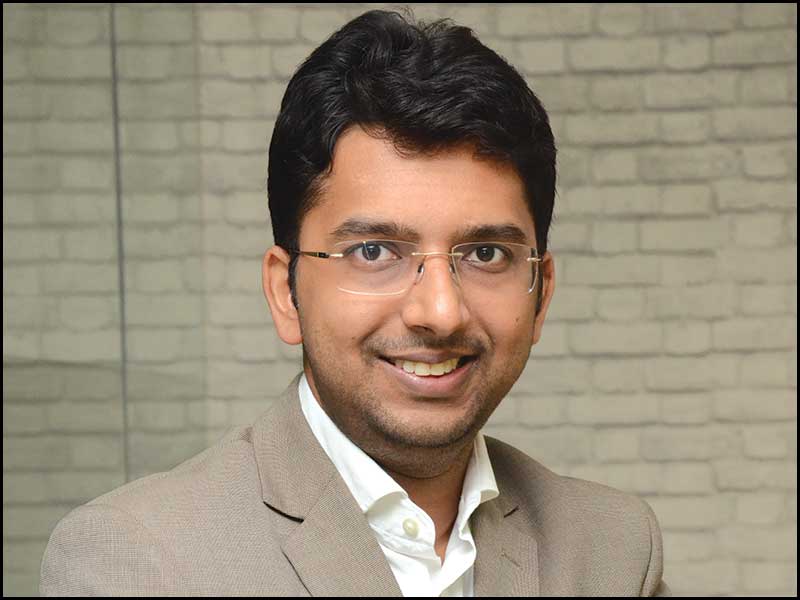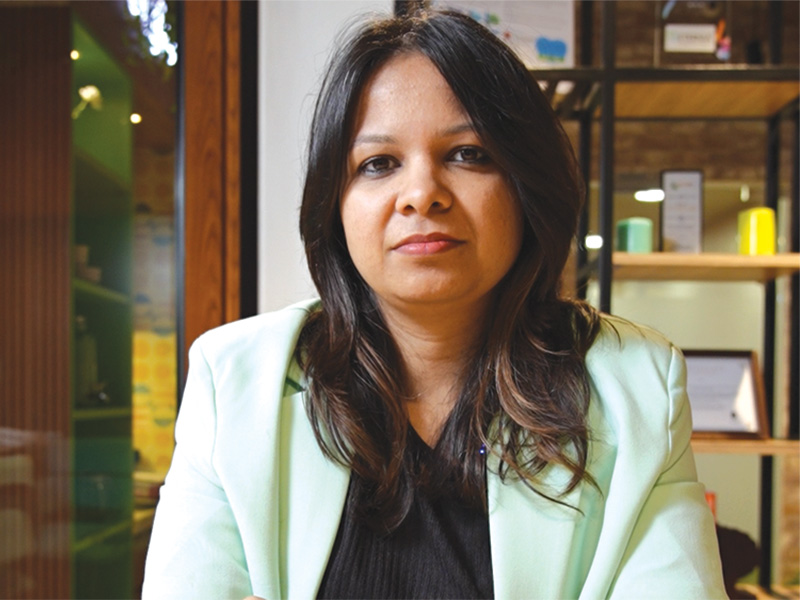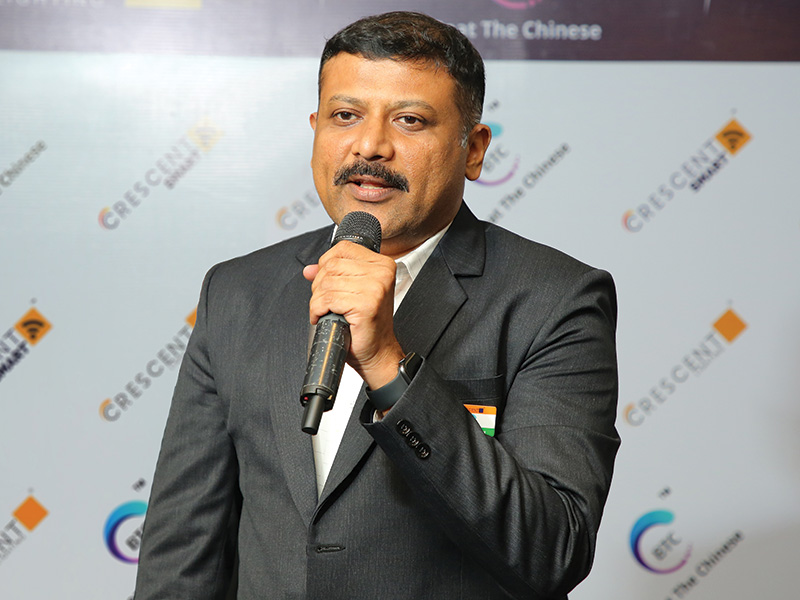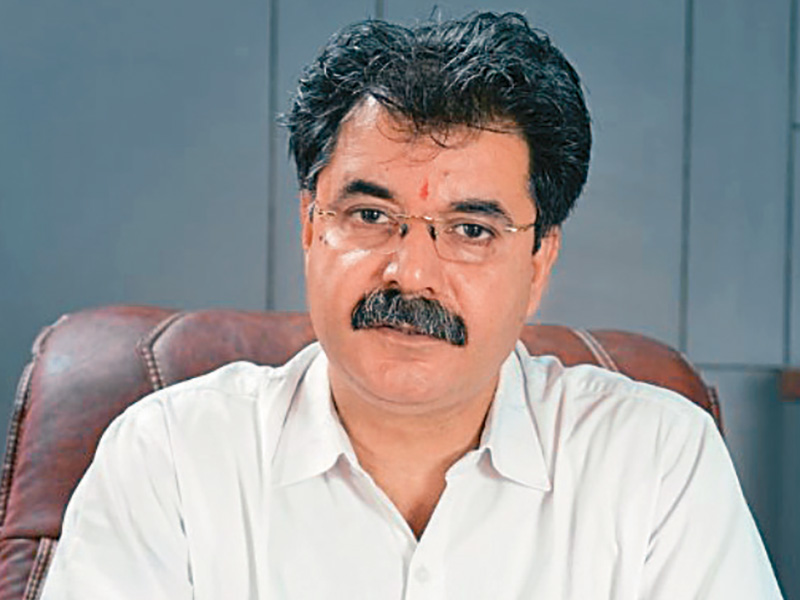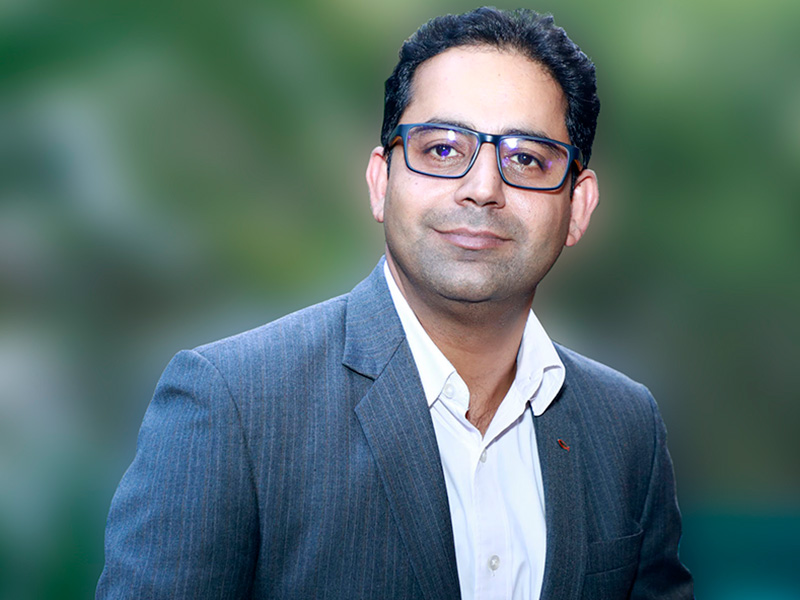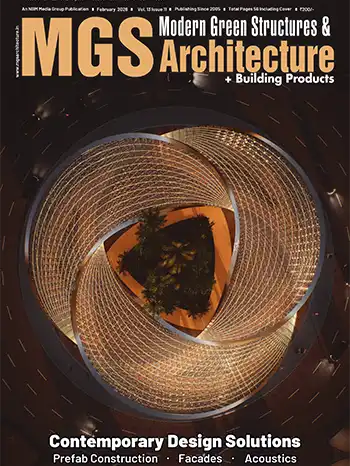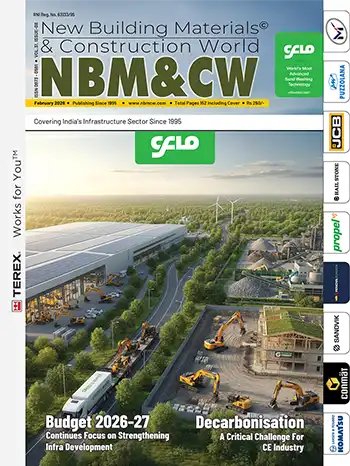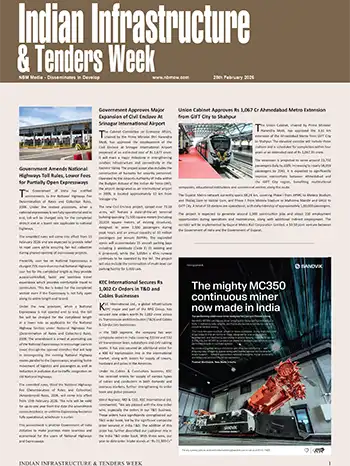
With over 20 years of vast experience in interior, kitchen and bath design, you are a certified design specialist. What inspired you to be a designer? How challenging or rewarding you find this profession?
To answer this question, it's probably best that I share with you a defining moment and the resulting story that brought me to where I am today. My journey in Interior Design began after I had graduated with a regular and acceptable education in those days a real degree. Yes I have a BA with honors in Economics. To me it just seemed incomplete. And I had considered Law, MBA, CA, or a Masters in Economics as a follow up. However, I thought then that I would take the easy & fun way out and get into the exciting field of Fashion & Design - INTERIOR DESIGN. Little did I know then that this defining moment of my life would be the first step towards lifelong learning, to do the best that I can and a passion that is beyond just the look & beauty of the space and that is to help people better their life through design. What I did not know then is that good design and the business of design is an amalgamation of knowing law (building), numbers (accuracy), accounting and more, sometimes a guide, a counselor, a teacher, a coach, a mentor... and that I would continue learning for a very long time. I have thoroughly enjoyed and continue to enjoy my journey, however challenging it might be or have been, it has been equally or maybe more rewarding and humbling when my clients love and truly appreciate the difference their transformed spaces make to their lives. This is what gets me going to do more.
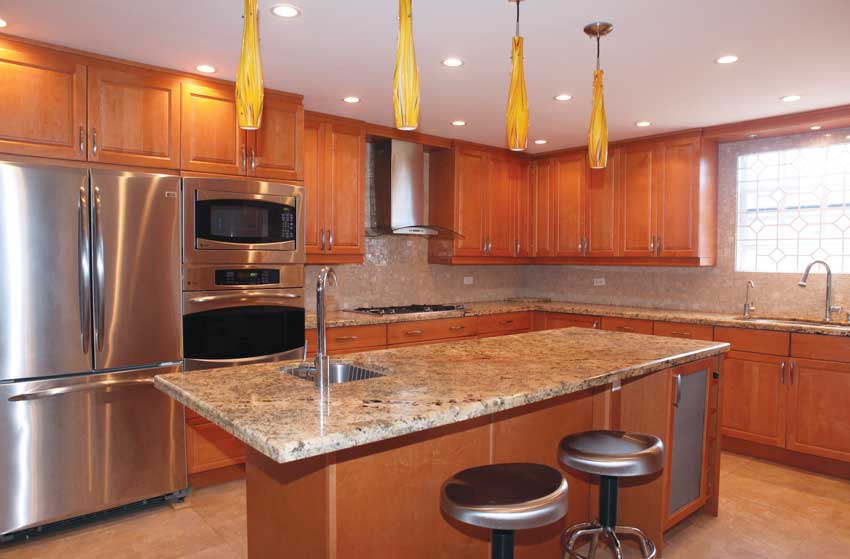
Could you please tell us about your firm Kimaya Designs, its services and the inspiration behind its formation?
'Kimaya' means 'Divine', 'Blissful'. When I was thinking of a name for my company, I knew it had to resonate with me, had to have some kind of a meaning. I chose the name Kimaya Designs to represent my company as I believe we are all divine beings and we deserve to be in our own harmonious blissful ambience. Our focus is to create timeless, comfortable, harmonious and enabling designs. Kimaya Designs is a full service boutique interior design firm where our mission is to empower clients to create unique, personalized, highly functional, fluid and beautiful spaces to enjoy, love and cherish memories in. We work with our clients throughout the entire transformation process from concept & design to the completed and transformed space, a space that inspires them. We do this by simplifying the highly complex process, making it easy for them to make the numerous decisions along the way.
While designing a project, what are the parameters you take into account that ensure a client for a functional and sustainable design?
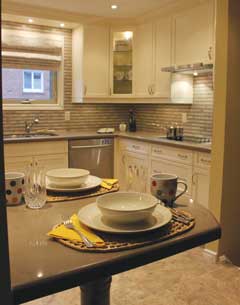
What is the vital element of a design--- aesthetic, technology, sustainability or local elements & culture?
A good design is like good symphony - a balanced amalgamation of the user's needs of a space, respect to the environment and the delightful experience evoked by the transformation. Understanding the culture & lifestyle of the clients/enduser, incorporating conscientious designs and products as well as efficient use of technology encompassing aesthetically appealing spaces are all essential for a good design.
You are associated with National Kitchen and Bath Association (NKBA) as an active member. How is NKBA helping the professional involved in Kitchen and bath business?
NKBA is a leading association, offering education, leadership, professional development and networking opportunities to it members. NKBA recognizes the extraordinary achievement of its members. Holds certified members accountable for their ongoing knowledge, in order to maintain their designations they are required to earn continuing education credits, have comprehensive knowledge and adhere to strict code of professional conduct.
Being a designer, you should always be updated with the latest technologies and innovative products being introduced in the market. What are the sources of your information?
Our Universe, our environment and everything contained within it is ever evolving. As progressive professionals in the industry and to be able to better serve our clients and our environment, it is essential to be current and constantly learning the newest processes, products and technologies. We are fortunate to be in an era where we have several options and mediums for easy and accessible information and learning. I tend to enhance my knowledge and learning through a mix of different mediums like the web, association events, live meetings, events and workshops, product knowledge seminars, webinars, tradeshows etc.
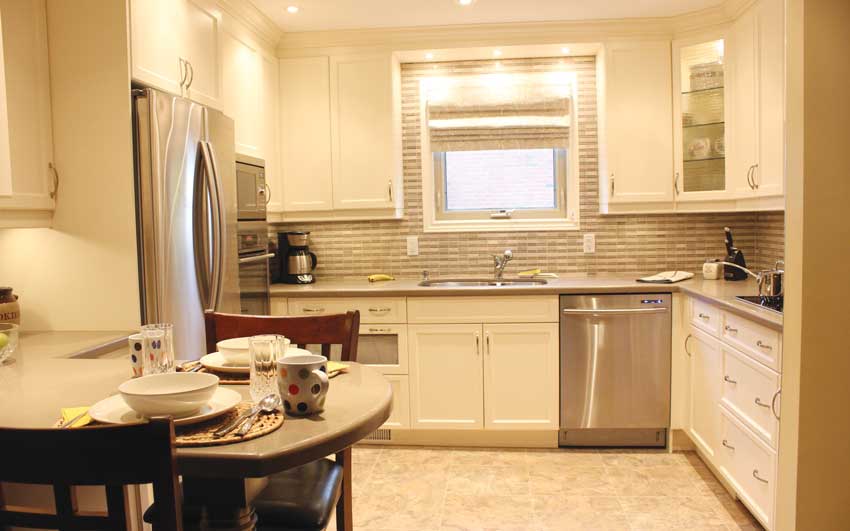
What are the countries where you have worked so far? How do you find Indian kitchen industry different from other international market?
I consider myself a blend of 3 countries, cultures and design, having worked extensively in India, Caribbean and Canada, each with its own unique lifestyle and flair.
Kitchens in North America (Canada & U.S.) have evolved into social hubs and family centers due to the increase in informal entertaining as well as busy lifestyles of the family members and much of their together time being limited has led to the creation of open floor plans to integrate the kitchen into the living and family spaces and or create the kitchen as a multi-function space. This creates a feeling of togetherness rather than feeling cutoff and by yourself in an enclosed kitchen space while cooking, as the cooks are homeowners or family members themselves or overcrowded when you are entertaining as everybody tends to congregate in the kitchen with the host unlike in most Indian homes where there is household help/cook who does the cooking.
Kitchen usage and cooking patterns are distinct too, in North America cooking in most homes is done either just in the evenings and/or weekends with possibly quick breakfasts every morning whereas in most homes in India meals are prepared 2 - 4 a day including breakfast and possible evening snack time. Dishwashers, ovens and microwaves are some of the appliances that are used less frequently in India as compared to the other parts of the world for day to day cooking and cleaning. Some of the larger homes in India are now developing 2 kitchens in their homes one for the use by their cooks/help and one on the North American concept of open plan social centers to display and socialize around.
Over the years, the word 'ergonomics' has become an inseparable part of the design lexicon; what is your definition of an 'ergonomic' kitchen?
Ergonomics is defined as 'the study of people's efficiency in their working environment.'
To me, a well designed ergonomic kitchen is one which has been thoughtfully planned keeping the end-user in mind and upon thorough evaluation of the users' usage pattern, their physical needs, to create spaces that are well suited to their comfort, functionality and ease of use. An ergonomic kitchen ensures the health, safety and well being of the user with highly organized, accessible and efficient space management. Kitchen Designs that focus on the comforts, functionality and user-friendliness of the space to increase the users efficiency, productivity and accessibility are ergonomically designed.
What difference can a trained kitchen designer bring to the functionality of a project?
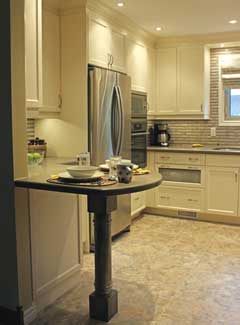
A well trained and qualified kitchen designer, one who understands their client's needs, recognizes the importance of their health, safety and wellbeing, has extensive building construction knowledge, is current on the newest products & processes, knowledgeable in kitchen design requirements, techniques and tools is able to translate the clients vision and often exceed their expectations into highly functional and beautifully flowing kitchens.
A qualified designer will share their clients' passion for a well designed kitchen and guide them with distinct ideas, knowledge and simplify the complex process to create a custom designed kitchen that performs well and is aesthetically appealing.
Do you have the requisite training and education methodologies in place for people who want to pursue kitchen designing as their profession?
When I started in the K&B industry almost 20 years ago - there were very limited options beyond what was learned in Interior Design School, which was more generalized & minimal and not sufficient to be specialized in K&B design. Most of it was on the job training, some in person seminars/workshops, lot of self study of intense construction and design manuals if you chose to be better qualified to better serve your clients and to write the challenging Certification exams.
I am a firm believer that when there is a will there is a way. Having said that, with so many different mediums & options available today it is a lot easier to pursue the required education to enhance your K&B expertise. There are several courses offered both in-person, online, at tradeshows, larger companies bring in consultants to train and teach their teams, courses are now being offered in some of design schools as well and there is so much of easily accessible reference and reading material out there. Beyond that there are other specialized courses & certifications that compliment K&B Design education on sustainability etc.






